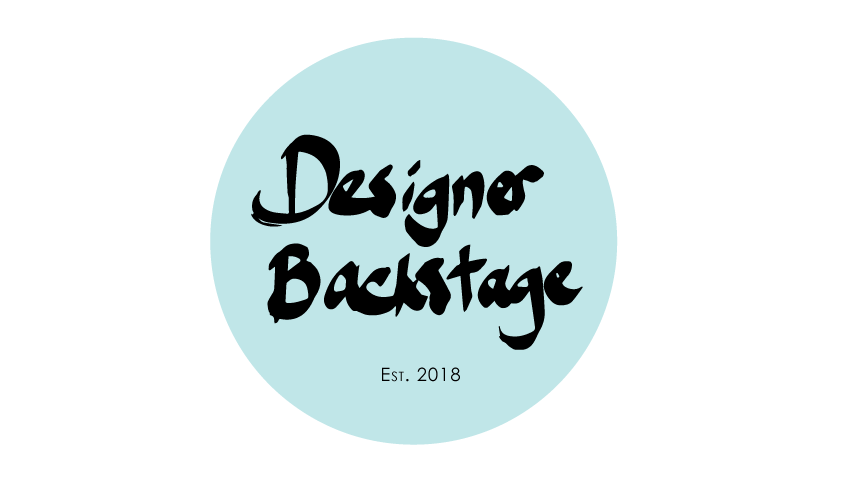One of EU’s bigger plans against climate change and pollution of the seas was decided in 2019, as the European Parliament voted to ban all single-use plastic cutlery, cotton buds, straws and stirrers. This ban is set to take force in 2021 in all EU countries.
In addition to this, the EU’s new directive is to have all plastic bottles to have mandatory tethered caps in an attempt to cut down bottle cap waste in nature. The directive is set to take place by 2025 in EU countries.
Here is a link to the EU directive, part 17. is on regulating bottlecaps:
Picture: sacmi.com
Unfortunately, experts believe that this can cause huge trouble to Finland and its already working bottle return system. Finland has a high bottle recycling rate compared to other countries and any changes to the way it should work can end up in a major drop in the return rates.
What arguments support this decision?
High usage of plastic the amount of waste is building up and damaging our environment notoriously.
Picture: pexels.com
A leading environmental organization WWF states in their article, that in the oceans alone there are 150 million metric tons of plastic and 8 million metric tons more are released annually. This pollution is everywhere from the floor of the deep sea to the beaches humans enjoy. It impacts marine and land animals alike risking their lives by being a suffocation and tangle threat. Our beaches are becoming less welcoming for humans and animals alike as they fill up with waste. Among all of the waste in oceans and beaches, bottle caps are the most common and harmful. When plastic bottles get thrown away the caps get detached, leading them to beaches. Some caps break down to become microplastics, which pose an even bigger risk to marine life. Fortunately, this huge problem seems to have an easy solution; tethered bottle caps. Experts say that this, in fact, is not as hard as many bottle brands want to make it seem. Many existing brands already use caps made sure not to fall off, and the techniques behind them are not rocket science. In 2019 the EU decided to make a ban on non-tethered bottle caps, and it is set to take force by 2025 in all EU member countries, although they are getting backlash by big companies.
Finland is a good model and shows to be world leader in plastic bottles recycling
But this change in the EU legislation regarding plastic bottles and their return systems can be the downfall of Finland’s bottle return system. The company responsible for Finland’s beverage recycling is Palpa. "There is a big risk that the current well-functioning bottle return system will be jeopardised and consumers' willingness to recycle may be weakened," their director of services Tommi Vihavainen told in an interview with Yle.
As of 2018 Finland’s PET-bottle, a widely used type of plastic bottles, return rates were 90%. In contrast, the PET-bottle return rates in other EU countries are much lower. According to 2015 statistics, France, Germany, UK and Italy all had recycling rates between 21% - 42%, which means that Finland’s recycling is many times that of many other EU countries. Furthermore, in Finland, most of the bottles are returned with the cap still on. Vihavainen stated: "According to our survey, almost all returned plastic bottles have a cap, only 4 percent are returned without it." Not only will the tethered caps cause problems in the system, but it will also increase the usage of plastic according to Finland's Federation of the Brewing and Soft Drinks Industry. The new directive will also cause the brewing industry to invest more. Renewing the whole beverage production and transportation system will require major investment for companies, the Federation’s CEO Riikka Pakarinen told Yle.
Finland needs a special arrangement in the directive because of the already working recycling system
This very necessary change in EU countries can cause more damage to our countries, as it has been estimated that the usage of plastics will increase in Finland. The best way to tackle this problem would be to let Finland out of the directive in light of the evidence pointing to its negative effects on the country. EU is responsible for making directives and regulations that all member countries are able to follow. However, the EU sometimes makes special arrangements with countries. In this case, the EU should consult with Finnish experts to let Finland continue with their already working
recycling system.
What you think?
Please, put some comments to the post!
* * *
recycling system.
What you think?
Please, put some comments to the post!
* * *
References:







Ei kommentteja